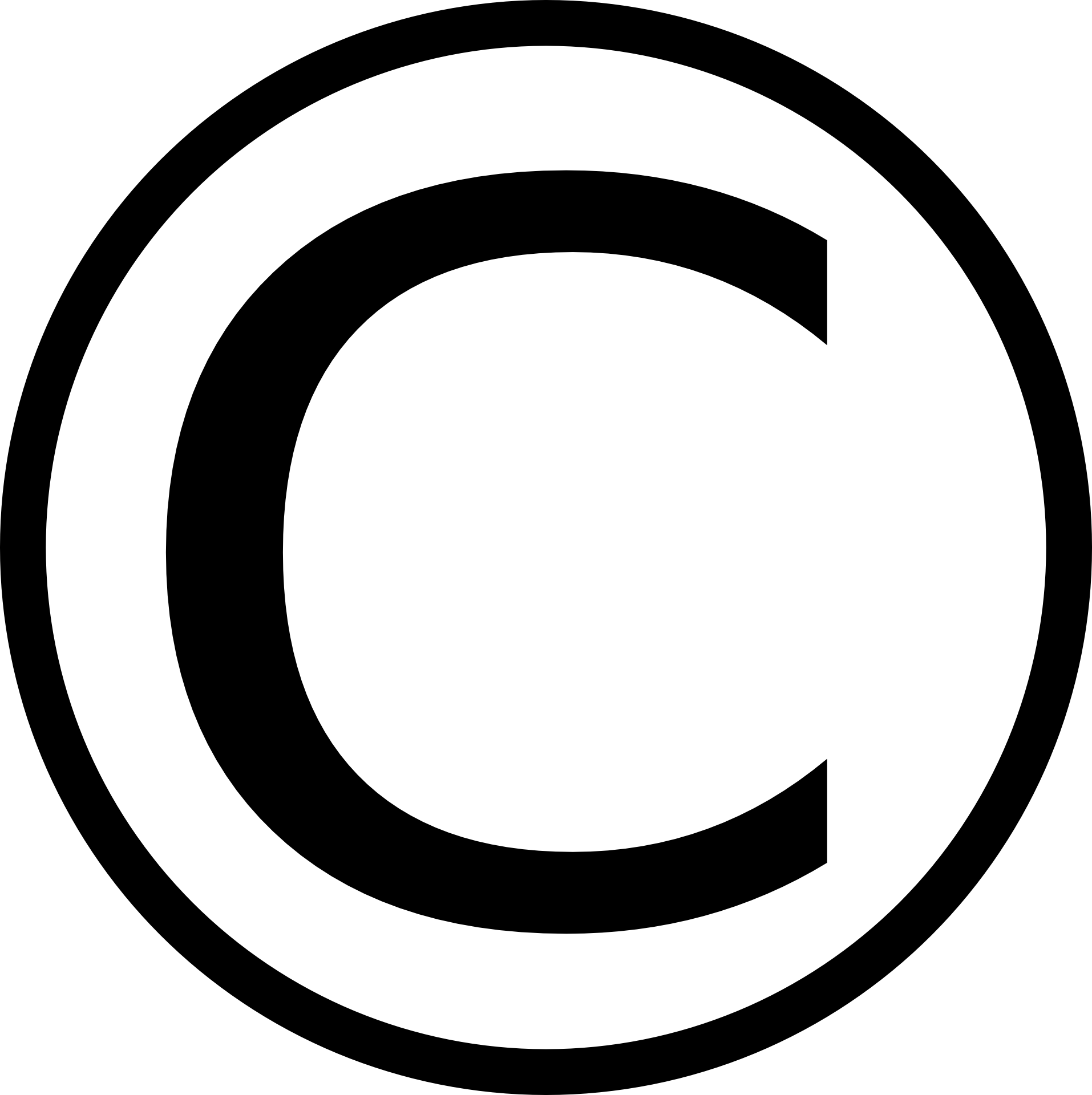The CASE Act: Copyright Enforcement for the 99%

By Cole Rushworth – Emory University Legal Extern

US copyright law affords five distinct rights to copyright owners. These rights include the exclusive right to reproduce, distribute, perform, and display the copyrighted work, as well as the right to prepare derivative works. The moment that your work is “fixed in a tangible medium,” that is, the moment you create a physical or digital copy of your work, you obtain these rights. When someone other than you, the copyright owner, attempts to exercise one of these rights with respect to your work, then that individual may be guilty of copyright infringement.
Enforcing your Copyright against infringers is no small financial matter. It is not uncommon for a copyright infringement suit that goes to trial to cost as much as $500,000 in attorney’s fees alone[1]. This financial barrier is a huge issue when one considers the economic realities of most artists and copyright holders. For example, a survey of 1,227 U.S. musicians conducted by the Music Industry Research Association revealed that that the median income of a musician in 2017 was $35,000, with only $21,300 stemming from music-related sources[2]. How, then, can the average independent musician afford to pursue a copyright infringement suit? The answer, simply, is that they probably can’t.
The problem becomes even more concerning when one considers the ease of copyright infringement in the digital age. First, infringing parties can quickly duplicate most digital content without incurring any costs. Additionally, many infringers get away with using copyrighted works unnoticed because there is so much content that exists online. If the copyright holder does notice and decides to bring suit, they are often left in a worse position than when they discovered the infringement; the money awarded in copyright infringement cases is often less than what it costs to sue in the first place. This, in effect, deters many copyright holders from ever bringing suit. As a result, infringers can often get away with using content without consequence.

This unfortunate reality fueled the development of the Copyright Alternative in Small-Claims Enforcement Act (CASE Act). The CASE Act is a bipartisan bill which seeks to establish a cost-effective option for resolving copyright infringement disputes outside of the regular court system. If passed, the CASE Act would create a new government organization known as the Copyright Claims Board. The Board would be able to make decisions on copyright infringement claims, and then award money to affected parties. The Board would be staffed by three full-time officers and two full-time attorneys to work with individuals filing claims under the CASE Act. Copyright holders may request as much as $15,000 for copyright infringement on a single work, with a maximum award of $30,000 if multiple works are infringed.

The CASE Act has received vocal support in the entertainment industry because it provides for an inexpensive alternative to the standard judicial process. Costs are reduced largely because the Copyright Claims Board would possess a full-time staff including government appointed attorneys. Due to this, individuals bringing infringement claims under this Act would not have to pay attorney’s fees. An individual filing suit would therefore only need to pay an initial filing fee. While this fee has not been explicitly determined, the Act suggests that it would cost no less than $100 and no more than $350 (based on the filing fee in federal district court) to have your case heard before the Board. If the expenses associated with copyright enforcement are lowered to just this fee, then copyright holders will possess the means to protect their rights without needing a film studio or record label to pay the bill.
It is yet to be seen, however, if this bill will actually be signed into law. The CASE Act was re-introduced to both the House and Senate on May 1, 2019 and is still in the preliminary stages of the legislative process. The next step is for the Act to be considered by committee. If it is approved by the committee, it will be sent to the House or Senate floor for a vote. Because the bill must pass both chambers of Congress, it could take a long time to become reality. However, if the CASE Act succeeds in becoming law, it would mark a huge advance in access to copyright enforcement for many artists, writers, and creators.
It has been said that a right without a remedy is no right at all, and passage of the CASE Act would provide an affordable remedy where no reasonable alternative currently exists for many copyright holders.
[1] Brachmann, Steve. “Opt-Out Provision Could Undermine CASE Act’s Small Claims Solution for Copyright.” IPWatchdog.com | Patents & Patent Law, 8 May 2019, www.ipwatchdog.com/2019/05/09/opt-provision-undermine-case-acts-small-claims-solution-copyright/id=109037/.
[2] Wang, Amy X. “The Median U.S. Musician Is Still Making Under $25,000 a Year.” Rolling Stone, 1 July 2018, www.rollingstone.com/music/music-news/the-median-u-s-musician-is-still-making-under-25000-a-year-666833/.
